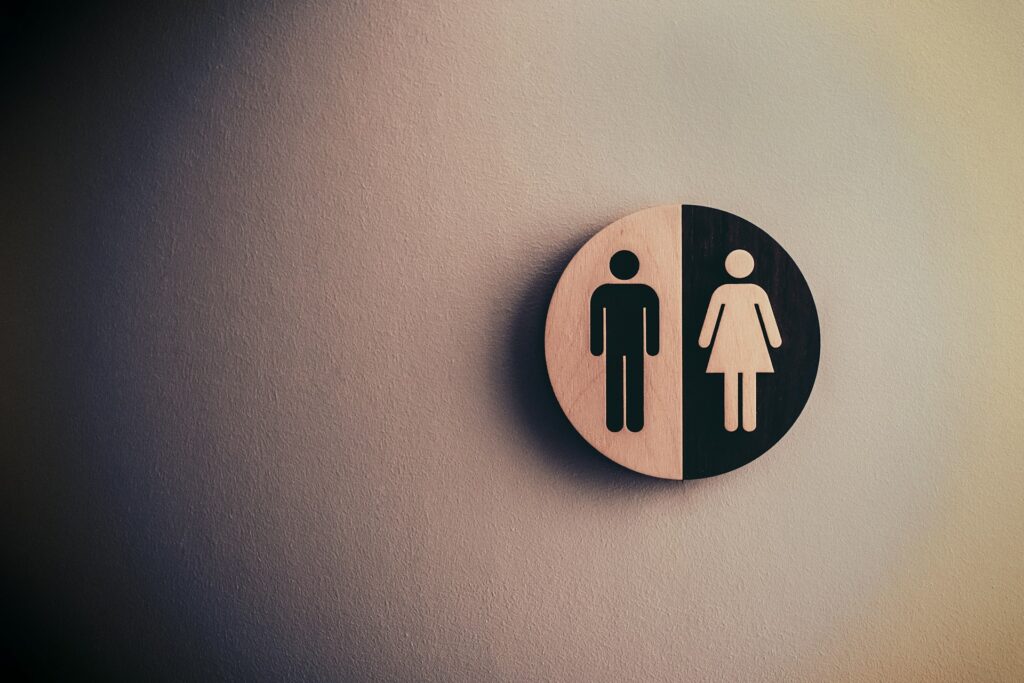I don’t know what it means to feel “masculine.”

Ever since I discovered that I’m nonbinary, I’ve been reflecting on what gender is supposed to be, and I’m just ending up confused. Some people talk about feeling “masculine” or “feminine” but I don’t really know what it means, other than acting in accordance with the way that society decides that “men” and “women” should act.
People are born with a certain set of genitals, on the basis of this, society says “male” or “female.” This is already problematic. If you think that the biological sex binary is a given, I invite you to listen to this TED talk:
I already knew that the biological basis for the binary is on shaky ground. However, there is nothing like someone speaking from actual lived experience to sharpen your understanding.
I’ve mentioned above that on top of biological sex, society imposes a series of behavioral conventions that define what men and women are. Men should act this way. Women should act that way. This is the gender binary. When a man acts in the way a woman should, it is deemed unnatural. Same when a woman acts in the way a man should.
I used to think that if I declared myself nonbinary, it was from an ideological standpoint more than anything else, but I don’t think this is the case. I’m just puzzled when people talk about feeling their gender, because this is something I don’t experience, or that I experience only faintly.
The gender binary is a complete fabrication from society. It is mere convention. It is not nature itself that compels those we call men to be competitive, or to be the provider in a couple, but society. It used to be that women couldn’t get credit without their husband’s approval. It is not nature that dictated this, but society. This restriction disappeared, not because of any change in nature, but because of changes in how society sees the gender binary.
Thus, it is that when I talk about my nonbinary nature, I talk about behavior. This is only because society itself distinguishes one side of the binary from the other in terms of behavior. It happens from time to time that someone interjects that gender identity is not the same as gender expression. Yes, this is true, but it has no bearing on what I am saying.
Let me make this clear. I’m not the gender police. You absolutely can be a feminine man, or a masculine woman, or any other variation. I won’t get on your case for it, and may even give you romantic love. However, as far as I am concerned, when it comes to evaluating whether I am man, woman, or nonbinary, my behavior is a critical component of the analysis.
So society, just like it has made me think that I was neurotypical by treating me like a neurotypical person, has also made me think that I am a man by treating me like a man. This is where gender dysphoria sets in. Yes, I am well versed in looking the part. Yes, I’ve been encultured in manhood, and, usually, I role-play a man. However, there are some behaviors that are required of me, as a man, that I don’t want to engage in. Hence, the gender dysphoria that occurs when I’m pushed to engage in those behaviors.
Still, I don’t feel the male gender in my life. I don’t feel special enjoyment when I do manly things. The notion of whether an act is manly or not does not figure in my decisions. For instance, my relationship with sports has been quite tepid. I used to watch racing, and that was it, as far as sports were concerned. I don’t anymore. I don’t think I’m missing anything important. I’m not pining after sports. It is not somehow missing from my life as a man.
It is only because society insisted that I am a man, and I believed society, that I thought that I was a man. Since I do not feel my gender, where does this lead me, but to the conclusion that I am in fact nonbinary?

Leave a Reply